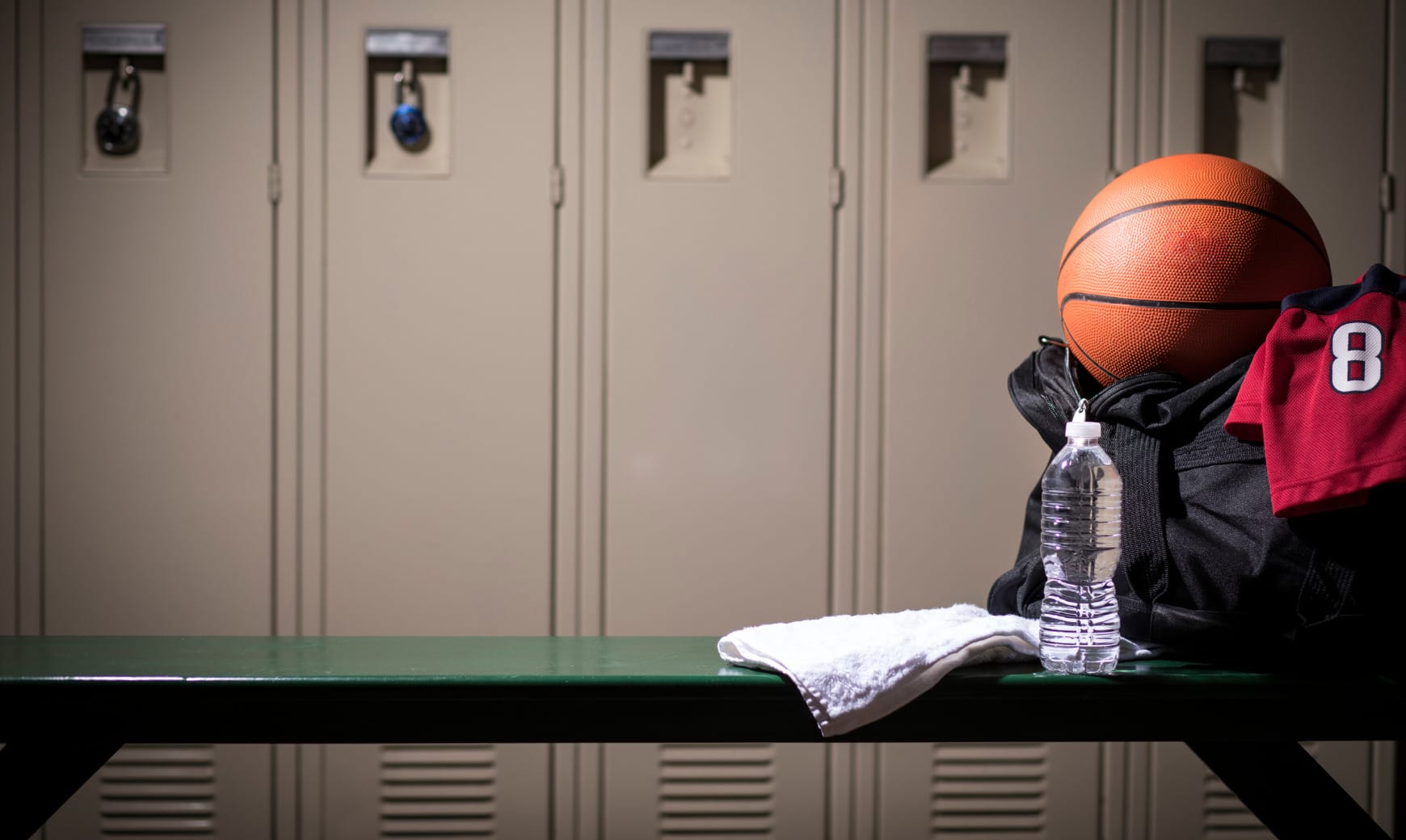President Trump signed an executive order titled “Saving College Sports,” on July 24, 2025. The order, which has been the subject of speculation for weeks, is presented as a response to the rapidly evolving and increasing uneasiness in the current state of college athletics. While the executive order lays out broad policy objectives, it does not directly adopt guidelines impacting recent Name Image and Likeness (NIL) class action settlements or NCAA rule changes.
Notably, the executive order takes a firm stance against third-party pay-for-play agreements, which it calls a “mortal threat to most college sports.” It declares that payments to athletes from outside parties should only be permitted if the deal reflects the fair market value of actual services provided, such as brand endorsements. This language echoes longstanding NCAA rules, so this stance—while noteworthy—does little to alter current NCAA rules on the subject.
The order does not impose any new federal restrictions or override existing state NIL laws. Instead, it directs the U.S. Attorney General and the Chairman of the Federal Trade Commission to develop policies that support the long-term availability of college athletic opportunities within 60 days of the order.
In addition to expressing concern about revenue-driven changes to college football and men’s college basketball, the order emphasizes the need to protect Olympic competition and women’s sports. The order calls for new scholarship thresholds for non-revenue generating sports and women’s sports, and suggests that a stable path forward must prioritize the sustainability of all collegiate athletic programs.
Importantly, the executive order is silent on two attention-grabbing areas of NIL. The order says nothing about an NCAA antitrust exemption, and it does not reference classifying college athletes as employees. These two issues will continue to be debated for the foreseeable future as the NCAA continues to defend against a plethora of legal action against the organization on multiple fronts.
The “Saving College Sports” order does not provide guidance or enforceable provisions, but the fact that the White House has shined a light on the subject reflects the broad interest in the new world of college sports.
The order may mark just the beginning of the federal government’s growing involvement in the rapidly shifting landscape of college sports. Stay tuned.
*Clay Horowitz, a summer law clerk at McCarter & English not yet admitted to the bar, contributed to this alert.
